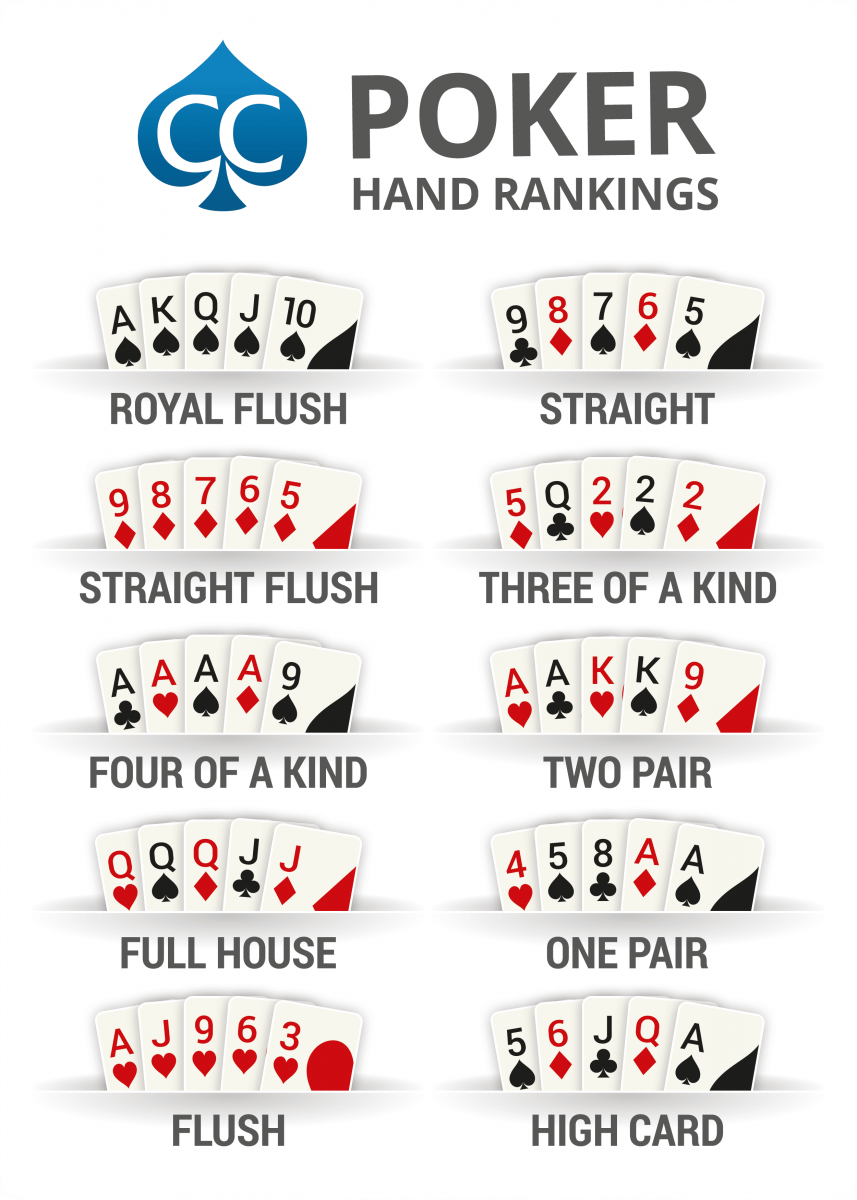
Poker is a card game in which players place bets to see who has the best hand. It has a wide variety of betting structures and is widely played in casinos and live games. The game is also popular online.
There are a number of ways to play poker, but the most common is heads-up against a single opponent in a face-to-face game. This is often the quickest and most profitable way to play, but it can also be the most frustrating for beginners. A more advanced strategy is to use a table of opponents and play the game against them in a tournament setting. This can be very lucrative and is the most common way for professional players to make money in poker.
The rules of poker are based on mathematical probability and game theory. Although much of a player’s success in poker is dependent on chance, their actions are influenced by various factors such as position, card strength and suit, and the ability to read other players. A good poker player is able to combine their understanding of probability, psychology and game theory to maximize the amount of money they can win from each session.
A poker hand consists of five cards that are dealt to each player. The value of a poker hand is in inverse proportion to its frequency; the more unusual the combination of cards, the higher the hand rank. The cards are then flipped over and the player with the best hand wins the pot.
Before the hand begins, each player must put in a small bet called the “small blind” and the player to their left must put in a larger bet called the “big blind.” This starts the betting round. Once the betting has finished, each player is able to choose whether or not they want to stay in the hand.
The dealer deals each player five cards, face-down. Then the player can make bets if they have a pair, three of a kind, or four of a kind. They can also call, raise or fold. If they raise or call, the remaining players must match their bets in order to remain in the hand. Players who do not raise or call the bet lose their right to the pot and must fold.
The basic rule of poker is to never wager more than you are willing to lose. This should be the case for both your winnings and your losses. It is also a good idea to track your wins and losses, particularly when you start playing more seriously. This will help you learn how to manage your bankroll and improve as a poker player.